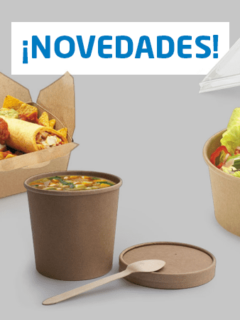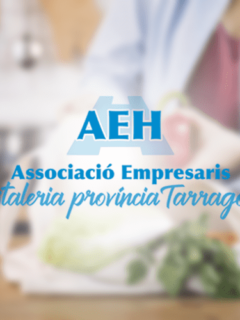Following the entry into force of the regulation on plastic carrier bags in shops, European institutions continue to take steps to reduce the impact of excessive waste generation on the environment. The latest measure is a ban on single-use plastics, including single-use plastic plates, straws and cutlery, as well as food packaging made of expanded polystyrene (white cork), from 3 July 2021.
Since that date, the EU has banned the “entry onto its market” of these objects. However, the application of the regulation in Spain has been suspended, given that the EU directive 2019/904, which regulates this matter, has not yet been transposed into national law. What does this imposition by the EU in our country imply in practical terms?
EU regulation to ban single-use plastics by 2021
Directive (EU) 2109/904, promoted by the European Commission and the European Parliament, establishes a ban on single-use plastics in the EU from 2021. The EC, in its guidelines for the application of this regulation, published on 31 May, defines two lines of intervention with two groups of products: some will have to be taken off the market and, in the case of the others, awareness-raising to reduce their use will be reinforced.
1. Single-use plastics banned as of July 2021
The list of disposable plastic items banned from 3 July 2021 includes:
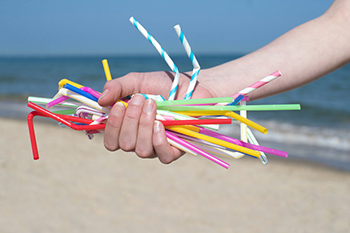
- Cotton buds
- Cutlery (spoons, teaspoons, forks, knives, chopsticks…)
- Plates
- Straws
- Drink stirrers
- Trays and containers for food and beverages made of expanded polystyrene (white cork), with or without lids
- Balloon and candy sticks
2. Single-use plastics whose consumption is limited from 2021 onwards
In addition, the EU is calling for restrictions on the use of a number of other non-reusable products made wholly or partly from plastics:
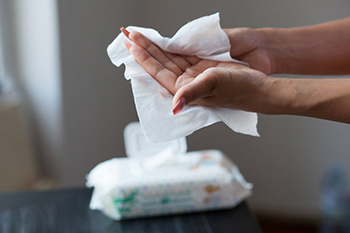
- Wet wipes
- Fishing gear
- Pads, tampons and their applicators
- Tobacco filters
- Balloons
- Beverage cups
- Lightweight plastic bags
To achieve this, measures are defined such as:
- Unified labelling to inform consumers about the presence of polluting plastics in these consumables, alert them to the environmental impact of non-biodegradable materials, and detail the appropriate options for proper disposal. This requirement affects sanitary towels and tampons, wipes, tobacco filters and cups.
- Setting fees for producers to cover part of the costs of waste management and clean-up.
- Incentives for the development of less polluting alternatives.
- Obligation for Member States to collect 90% of single-use plastic bottles by 2025.
Ban on single-use plastics in Spain
Although the directive came into force at European level on 3 July, in several countries (including Spain) it has not yet been transposed into national legislation. This is causing uncertainty among manufacturers, distributors, retailers, hotel and catering establishments and consumers, who are in doubt as to whether or not it is obligatory to adhere to this regulation to ban single-use plastics.
To resolve these doubts, the Ministry for Ecological Transition (Miteco) has issued an informative note in which it explains that the transposition of the directive “has been included in the Draft Law on Waste and Contaminated Soil, currently in parliamentary procedure”. It is likely to take several months of work to pass this bill, which will delay its implementation until well into 2022, and its provisions will not become mandatory until 1 January 2023. By that date, the total elimination of single-use plastics and a differentiated charge for each non-reusable container given to the consumer is foreseen. In addition, bars and restaurants will have to offer free tap water to their customers.
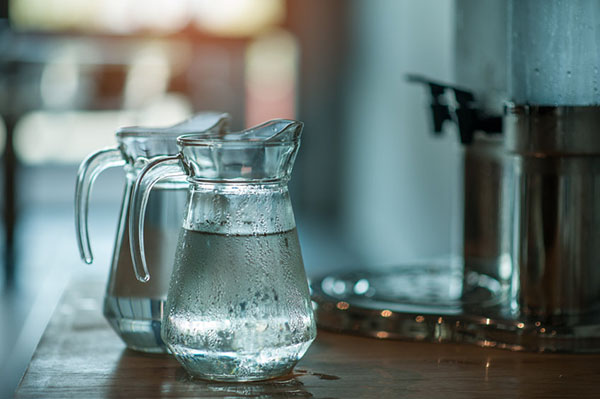
Meanwhile, Miteco clarifies that since 3 July, the “introduction on the Spanish market” of the single-use plastics listed in the first group has been prohibited, and that the labelling of polluting plastics in the second group is also mandatory.
This means that goods in stock and stocks in the distribution channel can continue to be sold, but the marketing of units yet to be manufactured will not be allowed. In practice, therefore, we will continue to see plastic straws and plastic cutlery on supermarket shelves and in the catering trade for a few more months.
Alternatives to single-use plastic products disallowed by the EU
The ban on single-use plastics in the catering sector contrasts with the increase in takeaway and home delivery orders as a result of the COVID-19 pandemic. There is a need to replace (one of the 5Rs for waste reduction in packaging) these materials with more environmentally friendly alternatives. In the RAJA® food packaging section, we offer you various solutions:
- Disposable tableware made from environmentally friendly materials, such as wooden cutlery and stirrers, cardboard cups, kraft paper straws or sugar cane plates.
- Eco-responsible food packaging, such as bakery boxes and cardboard pizza wedges, kraft fry trays or recycled cardboard cup holders.
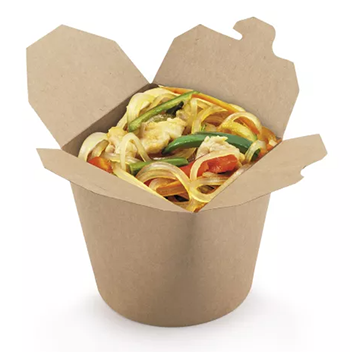
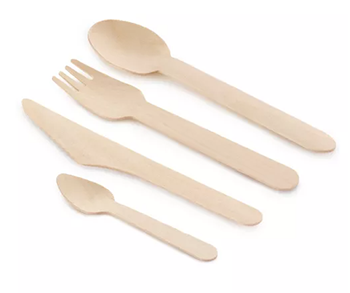
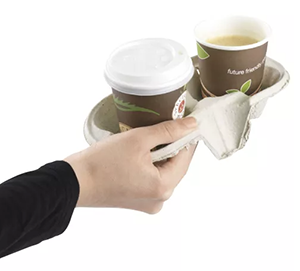
What impact will the ban on single-use plastics have on the environment?
Single-use plastics and fishing gear make up 84% of the waste that accumulates in the oceans, according to a study by the European Commission. Among the first group, the most common are bottles, ear sticks, plastic bags, cutlery and straws, cups and glasses and food containers, especially those used to serve food at home.
Plastic objects take decades or even centuries to decompose. Pollution of the seas causes the death of different aquatic species, depletes fish stocks, degrades the landscape and negatively affects the food chain and public health.
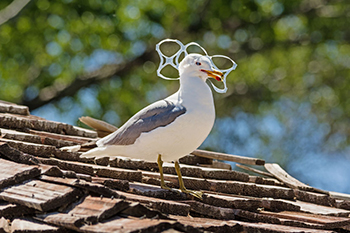
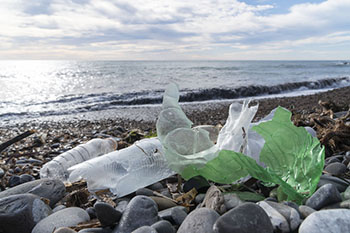
By banning single-use plastics, it will be possible to limit the annual volume of emissions and, together with combined actions of litter removal, reduce the amount of waste accumulated in the oceans and reverse some of the damage inflicted on the environment.
At RAJA® we are very clear that preserving the environment is everyone’s job. And, from our business, we can collaborate to achieve a cleaner and greener world choosingecological packagingCheck out the catalogue of RAJA® EcoResponsible references!











